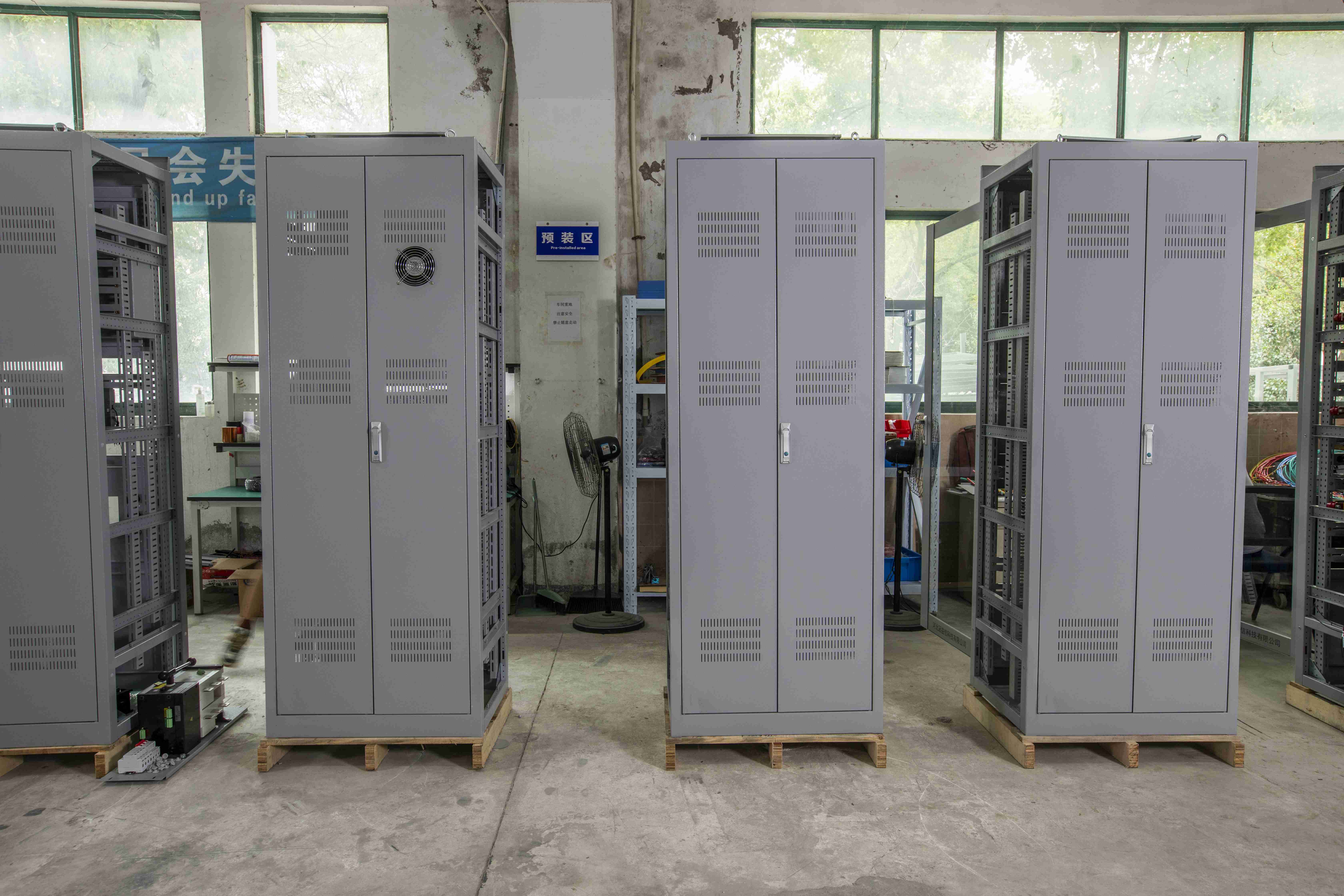
Nov . 05, 2024 23:24 Back to list
ce certification nfpa energy storage systems
CE Certification and NFPA for Energy Storage Systems
As the demand for renewable energy sources and efficient energy storage solutions continues to rise, ensuring the safety and reliability of energy storage systems (ESS) is of paramount importance
. Two significant frameworks that contribute to the safety and efficacy of these systems are the CE certification and the National Fire Protection Association (NFPA) standards.CE certification, which stands for Conformité Européenne, indicates that a product meets the safety, health, and environmental protection standards required by the European Union. For energy storage systems, obtaining CE certification is essential as it provides assurance to consumers and businesses that the product has been rigorously tested and adheres to European safety regulations. This certification is particularly crucial for manufacturers looking to enter the European market, as it not only enhances marketability but also fosters consumer confidence in the product's reliability.
In addition to CE certification, adherence to NFPA standards plays a critical role in designing and implementing safe energy storage systems. The NFPA develops codes and standards that aim to minimize the risk of fire and explosions associated with various types of energy storage, including lithium-ion batteries, which are commonly used in ESS. One of the key documents is NFPA 855, the standard for the installation of energy storage systems. This standard outlines essential guidelines concerning fire safety, including spacing requirements, fire department access, and necessary fire suppression systems that must be in place.
ce certification nfpa energy storage systems

Energy storage systems are often deployed in diverse settings, including residential, commercial, and industrial applications. Each of these environments comes with unique challenges and risks. Therefore, compliance with NFPA standards ensures that energy storage systems are installed and maintained properly, thus reducing risks to life and property. For instance, NFPA 70, the National Electrical Code, not only addresses the installation of electrical wiring and equipment but also highlights safety measures related to energy storage technologies.
Moreover, as the industry evolves and new technologies emerge, keeping pace with updates from both the CE certification processes and NFPA standards is essential for manufacturers and installers of energy storage systems. Ongoing education and training on these regulations can significantly mitigate risks and enhance public safety.
In conclusion, CE certification and NFPA standards are integral to the development and deployment of safe and effective energy storage systems. Together, they help establish a framework that not only supports innovation in energy storage technology but also ensures that these systems operate safely within the environments in which they are installed. As energy storage continues to play a critical role in the transition to renewable energy, understanding and adhering to these important guidelines will be vital for all stakeholders involved.
-
AI-Powered EMS with GPT-4-Turbo | Efficiency Boost
NewsAug.01,2025
-
Optimized Storage System for GPT-4-Turbo | High Performance
NewsJul.31,2025
-
AI Energy Management System w/ GPT-4 Turbo Efficiency
NewsJul.31,2025
-
High-Performance Energy Storage System for Reliable Power Solutions
NewsJul.30,2025
-
Advanced EMS Solutions for Energy Management System & Storage Battery Companies
NewsJul.29,2025
-
Intelligent Energy Management for Homes - Efficient Storage Solutions
NewsJul.29,2025























